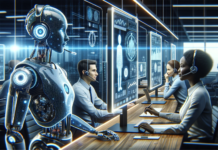By Harsimran Julka
As I write this blog, I wonder whether my job as a writer will be overtaken in the future by algorithms and software programs – that can put out an argument and analyze it.
The employment of business analysts and financial report writers is already in jeopardy. Data can now be sipped out of annual or quarterly results of companies by software scripts. They can be presented in a fashion that seems a human being has written it.
The scripts might add a quote of a sectoral expert to the report for a dash of human touch to it.
In the coming future, there would be thousands of jobs at risk as machine learning becomes advanced enough to out-beat humans at their game.
Apps such as Grammarly, have already made jobs of proofreaders redundant. Digital marketing is fairly automated already. And why do we need a human at the other end – to upload stories on a website, it might happen just as automatically with scripts.
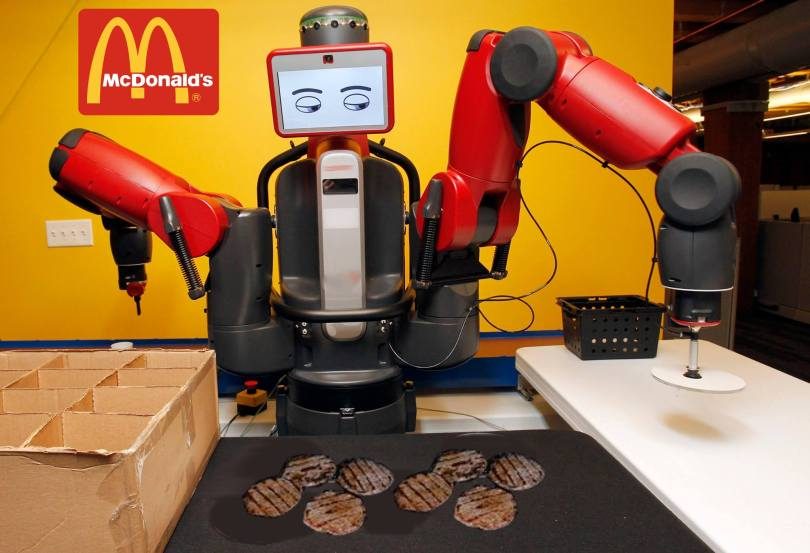
Let’s come to retail. While visiting a few McDonald’s outlets in Australasia including, I was surprised to see the absence of massive staff at several outlets. There were often only 2-3 people I could gather in the kitchen.
Often there was nobody at the cashiers. So how do they take orders? McDonalds’ has put up touchscreens (a kind of Microsoft Surface) where it displays the food menu and the specials on offer.
Select your order on the screens, a touch of your credit card on the PoS machine, and you’re done.
Queues of customers, as a result, have vanished at several McD outlets.
For the less tech-savvy customers, there is a scant staff to take orders.
Cashiers, doctors and warehouse picker-packers
If you’re employed as a retail staff at a quick service restaurant outlet, your job certainly could be at risk of getting wiped out, if placing a touchscreen suddenly becomes cheaper than your annual salary.
In the retail sector, where offerings are standardized such as buying milk or a biscuit off the shelf, retail staff would actually not be needed in future, especially in developed markets.
If you work as a cashier and love doing it, you might think of upgrading the skill.
Amazon Go, kind of outlets where you can just pick up and walk off the supermarket are coming up soon in your neighborhood.
The debate of machines versus humans is not new. There are already a lot of jobs that have disappeared in the last two decades. You don’t need a large amount of ticket checkers and bus conductors. The RFID tokens on subways or apps with QR codes just do the job of allowing entry and exit.
In some subways around the world, you don’t even have entry gates. It’s just assumed you would have tagged on your phone or prepaid card to the reader. It’s only upon exit that you are required a tag off.
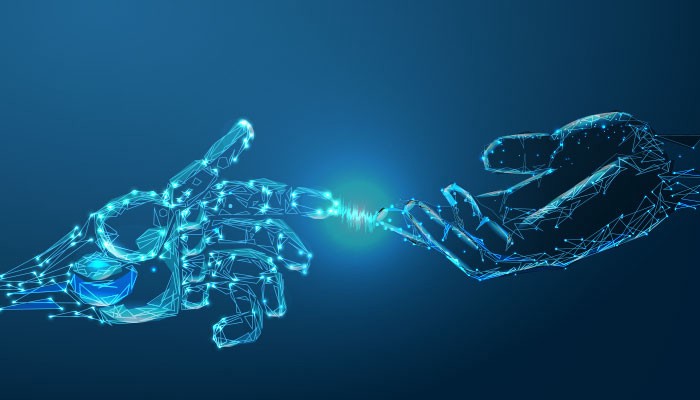
There is widespread belief now that artificial intelligence will only benefit humankind. Yes, it has its big disadvantages but will discuss it some other day.
Machines are useful to man in a way that they can make his life easier, do repetitive tasks with accuracy and free up his time for him to find his true purpose.
An automated drill can unscrew faster than a human, for instance.
Machines are also useful to humans in doing dangerous and dirty tasks such as cleaning windows off a skyscraper or a cleaning a sewage gutter.
They can provide safety to humans. A broken machine is much better than an injured limb. And when corp-orates can get sued by employees for health and safety, entrepreneurs will rather employ machines than humans for the same job.
Machine learning – a concept where a machine or a software script learns various permutations and combinations of a process fast enough will drive even a human expert out of job. However, it could be a blessing in disguise for mankind for rote jobs.
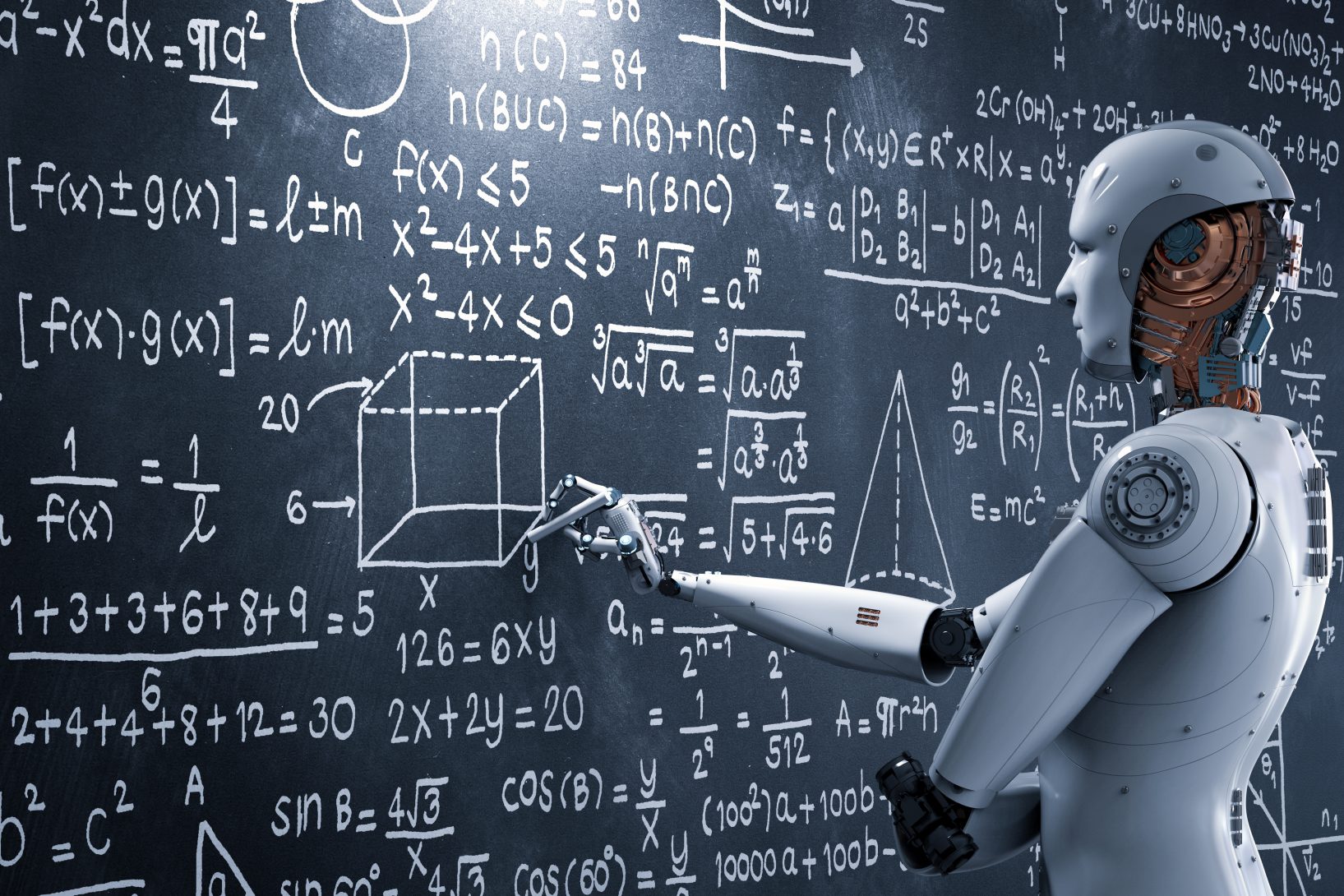
Humans will lose jobs that were not creative enough from the first go or would develop their potential in any way.
What’s the fun in a human filling petrol in a car a hundred times a day for years. Let a machine take over that job and render a human jobless.
Already several gas stations in the West are fairly automated without a single human manning them. Only when it requires human intervention, such as helping an old lady fill the air in the tyre, that we need humans.
Otherwise, we should be thankful to the machines or rather men who make those machines, either for greed or for solving a boring problem.
Take care of washing clothes if a machine can spin and dry, man can focus on something more creative and help the planet solve its bigger issues such as hunger.
Now, let’s focus on other sectors such as banking, finance and trading. Dozens of apps already exist on the Google Play or Apple Store which can recommend you the best stocks to pick up for the short or long term. Algorithms exist that can make hedge funds make billions in a trade in a day or a week. It becomes a game of whose algorithm is stronger.
Branch-less and digital banking is a concept in vogue for almost a decade now. Thus, bankers of the future would have to up their game to become advisers and wealth managers and take help of these apps to better inform clients.
How about the jobs of a driver, a teacher, a doctor or a lawyer? Will they get replaced by apps and algorithms or machines? And how about chefs and columnists or counselors?
Fleet managers would also find a hard time.
Algorithms now guide Uber drivers to locations where demand is peaking up.
Java or python scripts now determine which items get sold off an e-tailer’s site faster and they pop up ads wherever you visit in the cyberspace – through re-targeting.
Research has shown that where a task is repetitive, it can be easily automated.
Say you have to file taxes, now e-accountants can do it for you. A chartered accountant job is definitely in danger, if he focuses just on the salaried class where a form-16 can just do the job.
Of course, GST and other complications in tax compliance have made his job more in demand, but that’s another story.
You don’t need a lawyer now to draft a notice or a rent agreement. Just enter the key details on some apps – and pop comes out a draft agreement which you can just get notarized.
Of course, you need lawyers in complex cases such as for filing a divorce or a merger deal. But for the run of the mill stuff, a small piece of java-script can do.
Government jobs such as passport control at airports will also be impacted. Already a few airports let passengers pass through upon arrivals as they place their own passports on scanning gates. It has obviated the need to check each and every passenger with a physical verification, if their bio-metric has already been recorded on previous visits to the country.
Travel agents are already replaced by online booking sites where you can plan a trip by the click of a button.
Warehouse pickers and packers will also need to worry. As assembly lines get cheaper it will be more efficient for supermarket chains and retailers to employ these robots to pick an item from a delivery point and place on the right shelf, however high it may be.
Some jobs such as that of massage therapists will exist. Of course, electric massage chairs exist for a decade or more now. But they have hardly replaced the need for a human touch.
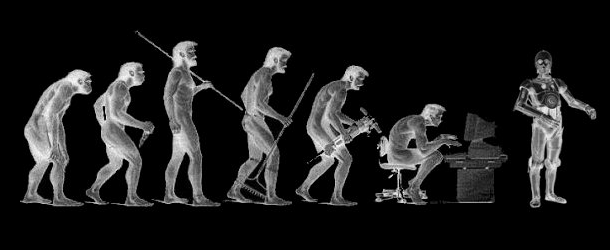
Chauffeurs and drivers in western markets where towns are fairly are planned may not be needed a few decades in the future, when self- driven tech becomes fairly error proof.
You would however always need drivers in developing markets to navigate the bylanes and where traffic law enforcement is not strict enough.
Teachers would always be needed. YouTube and other apps have shown that despite e-lectures, a human always loves to learn from another human being. And the learning is often faster and more comprehensive.
Doctors, of course, will not be replaced. But they will increasingly use apps to diagnose and robotic instruments to help perform surgeries.
Same goes for caregivers, nurses, and counselors – professions which require enough degree of human empathy to leave machines clueless on how to compete.
Chefs, especially in specialty cuisine will not be replaced. I have not heard of a machine yet which can taste or smell the food, and tell if it is medium, less spicy or super hot.
Wherever a job gets creative, robots find hard to compete with humans. Same goes for actors and painters and fiction writers who can emote feelings through their work. Poets, for instance, will never be replaced.
Of course, technology companies are trying hard in this space to make their algorithms stronger with machine learning. Ad spoofs on Alexa versus Google Home versus Siri are just an example.
Impact on Bartenders, Artists & Plumbers
But as tech giants feed human learning inside machines, they will become more and more intelligent. But will they become human? Currently, the clear answer is No.
And humans are currently able to distinguish just after a few questions to a robot on the end of a telephone line, whether it is a machine or a human speaking.
Jobs which require sudden decision making for unheard scenarios, machines will fail at that. This involves handling issues of people.
But in a fast-paced world where menial tasks such as booking an appointment or an air ticket can be done faster with an app, the job of personal assistants will be at stake.
What about jobs that need fixing the machines itself or writing the code that builds the machine?
You would always need plumbers and electricians. Of course, they will come with sophisticated IoT tools in the near future that would have made their job easier. They may be able to diagnose the problem in your refrigerator while sitting in their home. And you would always need hairdressers and makeup artists.
According to McKinsey, over 375 million workers on the planet will have to change their occupations or up-skill due to tech advancements. Some estimates forecast that everyone in two jobs will be impacted with the advent of AI.
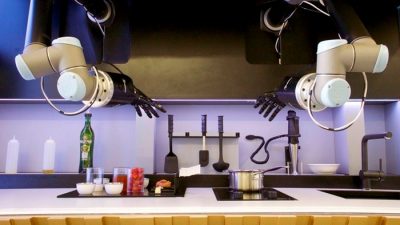 The software can write further software. Machines can make bigger machines. But you would need the human link in between to build that first machine or write that first piece of code.
The software can write further software. Machines can make bigger machines. But you would need the human link in between to build that first machine or write that first piece of code.
Graphic designers, video editors and creative artists will have to up their game. There are already apps available on your phone that can produce a decent video or digital graphic within a minute.
Thus if you’re a creative artist, your real competition in coming days for survival jobs could be from these apps and websites, which companies now use to expunge the need for you.
Bartenders will get replaced where the drinks on the bar are a standard 150 ml shot of bourbon or a gin and tonic. You would just pay and press button to retrieve the drink.
For a place where a motley of cocktails is on offer, however, you would require to be highly specialized in the art to be not replaced by an automatic bar-tending machine.
Or a bartender might employ his virtual assistant for rote drinks while keeping the complicated ones to himself.
Humans will have to either design machines that can obviate the need for their own jobs or get skilled in jobs that a machine will not become advanced enough to perform even in the coming decades.
The debate in the coming decade will not be the outsourcing of back-office jobs from the West to East but of the wiping of these jobs altogether with the advent of AI and machine learning.
And of course, my job as a financial reports writer is already outsourced to a few bunches of javascript.
( The author is co-founder of Startupanz.com. Views are personal. The article was first published here. )




